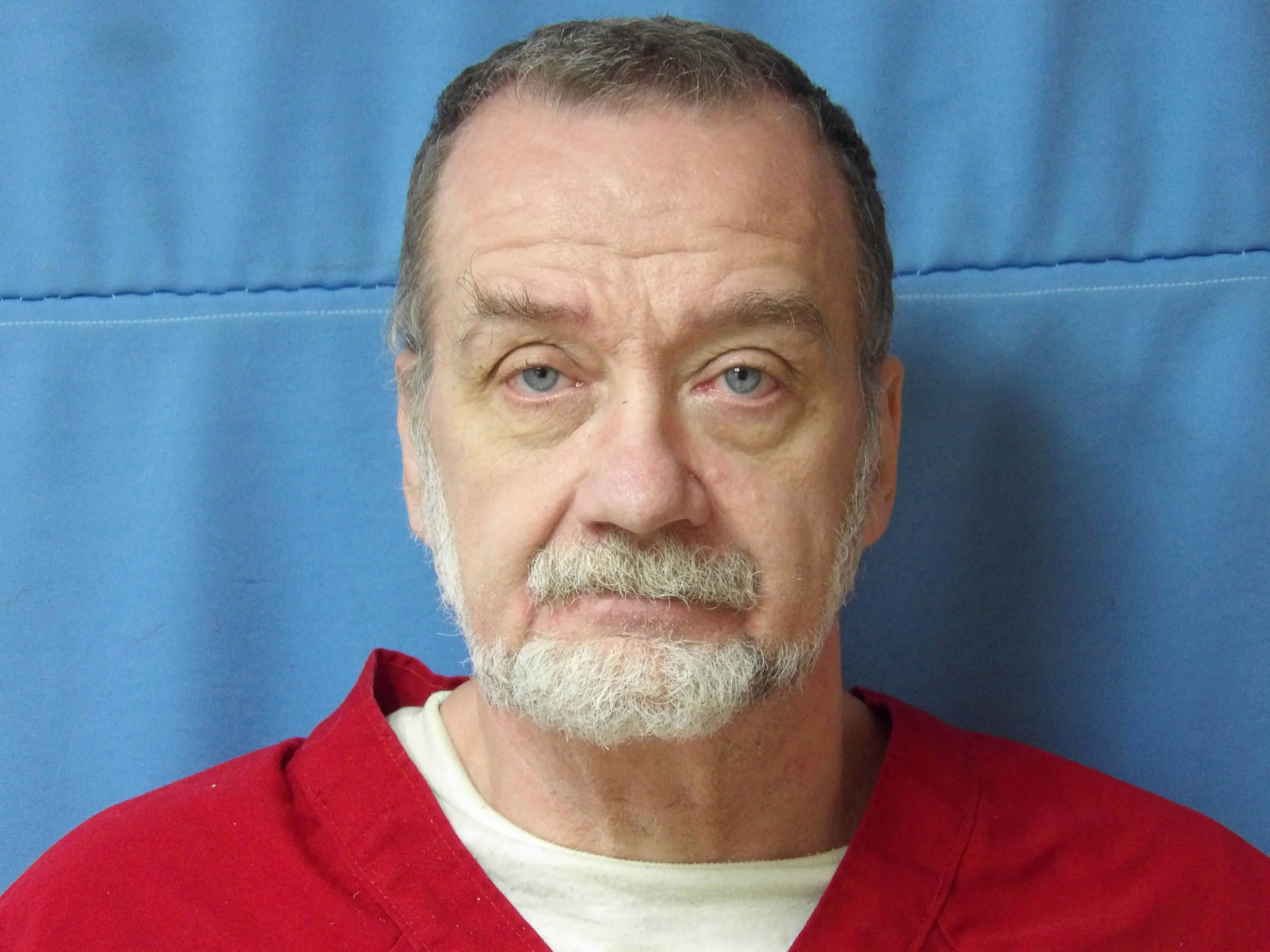Mississippi seeks execution date for 1993 killing but lawyers say case could go to Supreme Court
The Mississippi attorney general is requesting an execution date for a man who’s been on death row for 30 years

The Mississippi attorney general is requesting an execution date for a man who's been on death row for 30 years, but his lawyer says the request is premature because the inmate still intends to take an appeal to the U.S. Supreme Court.
Charles Ray Crawford, now 58, was sentenced to death in the 1993 kidnapping and killing of a community college student, 20-year-old Kristy Ray. Jurors in his 1994 trial cited a past rape conviction as an aggravating circumstance when they sentenced Crawford, but his attorneys said Monday that they’re appealing that conviction to the U.S. Supreme Court after losing a lower court ruling last week.
Crawford was arrested the day after Ray was abducted from her parents' home and stabbed to death in northern Mississippi's Tippah County. Crawford told officers he had blacked out and did not recall killing her.
At the time of that arrest, Crawford was days away from his scheduled trial on a charge of assaulting another woman by hitting her over the head with a hammer.
The assault trial was delayed several months, and he was convicted. In a separate trial, Crawford was convicted in the rape of a 17-year-old girl who was friends with the victim of the hammer assault. The two victims were at the same place during the attacks. Crawford said he also experienced blackouts and did not recall committing the rape or the hammer assault.
During the sentencing portion of Crawford’s capital murder trial, jurors found the rape conviction was an “aggravating circumstance” and they sentenced him to death, court records show.
In his latest federal appeal of the rape case, Ray said his previous lawyers provided unconstitutionally ineffective assistance for an insanity defense. Crawford received a mental evaluation at the state hospital, but the trial judge repeatedly declined to provide a psychiatrist or other mental health professional — other than the state expert — to assist in Crawford's defense, according to court records.
In a split decision Friday, a majority of the 5th U.S. Circuit Court of Appeals denied Crawford's appeal. Dissenting judges wrote that Crawford received an "inadequately prepared and presented insanity defense" and that “it took years for a qualified physician to conduct a full evaluation of Crawford.”
The dissenting judges quoted a neurologist, Dr. Siddhartha Nadkarni, who examined Crawford.
“Charles was laboring under such a defect of reason from his seizure disorder that he did not understand the nature and quality of his acts at the time of the crime," Nadkarni wrote. "He is a severely brain- injured man (corroborated both by history and his neurological examination) who was essentially not present in any useful sense due to epileptic fits at the time of the crime.”
Multiple appeals are common in death penalty cases, and Crawford’s case already has been appealed multiple times using different arguments.
Hours after the federal appeals court denied Crawford's appeal, Mississippi Attorney General Lynn Fitch filed papers asking the state Supreme Court to set a date for Crawford's execution by lethal injection, writing that “he has exhausted all state and federal remedies.”
On Monday, the attorneys representing Crawford in the Mississippi Office of Post-Conviction Counsel filed papers saying they intend to ask the U.S. Supreme Court to overturn the appeals court's decision.
Bookmark popover
Removed from bookmarks